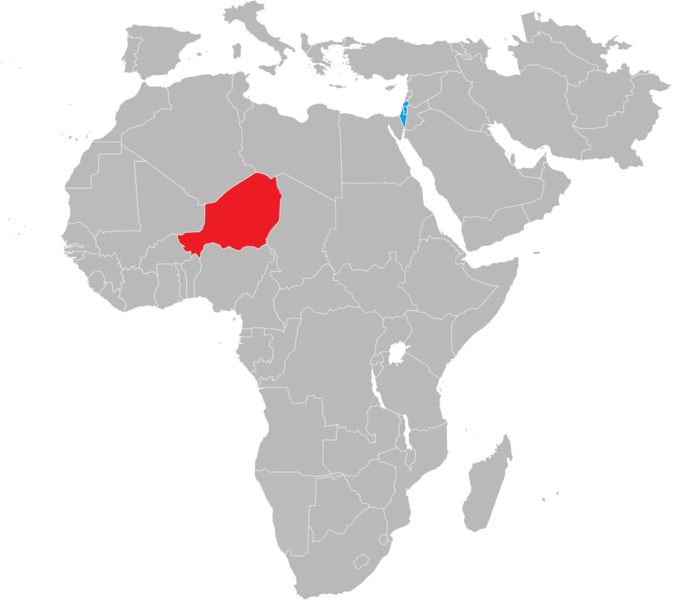The cholera outbreak in Niger that started in early July has now topped 2,000 cases, according to the World Health Organization.

Image/FireSky
Since the beginning of the outbreak on 5 July 2018, a total of 2,013 suspected cholera cases, including 37 deaths (case fatality ratio 1.8%), have been reported.
Ninety-two percent (1,842) and 81% (30) of the reported cases and deaths, respectively, came from Madarounfa District. Maradi District registered 154 cases and seven deaths, according to health officials.
The good news is that officials note a slight reduction in the disease trend observed during the past two weeks.
The ongoing heavy rainfall and floods being experienced in parts of the region could exacerbate the risk of contamination of water sources. The latest water, sanitation and hygiene (WASH) assessment carried out by UNICEF and WHO estimates that only 37% of the population in Maradi Region has access to basic sources of potable water.
On the other hand, 75% of the population are said to practice open defecation, with only 10% having access to basic sanitation. These factors, coupled with the limitations in the response, are favorable for further propagation of the disease.
- Mauritius reports 800 measles cases since March
- Myanmar rabies: 18 deaths recorded at Yangon hospital
- Taiwan local dengue cases rise to 69
- Rabies alert issued in Hillsborough County
- Antibiotics: Grouping 4 or 5 existing medications could help slow antibiotic-resistant bacteria–UCLA researchers
- Measles vaccination campaign launched in Afghanistan
- CPE outbreak at University Hospital Limerick update: Public urged to observe visiting hours

